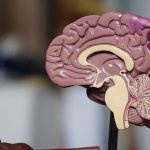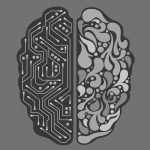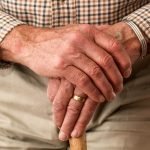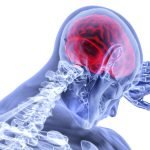Men with physical jobs have over 50% higher dementia risk, shows study
Men in jobs with hard physical work have a higher risk of developing dementia compared to men doing sedentary work, new research reveals.
Based on...
Scientists find the key to treating incurable neurological diseases
In a new study, researchers provide new hope for recovery from degenerative neurological diseases—such as ALS and multiple sclerosis—as well as from damage caused...
Scientists find ‘spooky’ similarity in how brains and computers see
The brain detects 3D shape fragments such as bumps, hollows, shafts, and spheres in the beginning stages of object vision—a newly discovered strategy of...
Brain imaging could predict childhood weight gain
A greater density of cells in a key reward center of the brain is associated with obesity in children and predicts future weight gain,...
People with autism have different brain cells from birth
Autism is a neurodevelopmental condition that researchers are now tracing back to prenatal development, even though the disorder is not diagnosed until at least...
Your brain gets bigger if you’re anxious and depressed
In a new study, researchers found depression is linked to areas of the brain shrinking in size, but when depression is paired with anxiety...
Scientists find new therapy to reverse memory loss in Alzheimer’s disease
In a new study, researchers have discovered a world-first new treatment that reverses the effects of memory loss associated with Alzheimer's disease in a...
COVID-19 linked to this type of stroke, new study shows
In a new study, researchers found examined the association between coronavirus disease (COVID-19) and stroke subtypes.
They found that patients with COVID-19 presenting with acute...
30 million Americans are infected with a brain parasite spread by cats, contaminated meat
More than 30 million Americans are infected with a brain parasite spread by cats and contaminated meat, but most will never show symptoms.
In a...
This therapy could strongly boost cognitive functions in older people
In a new study, researchers demonstrated for the first time that hyperbaric oxygen therapy (HBOT) can strongly enhance the cognitive performance of healthy older...










